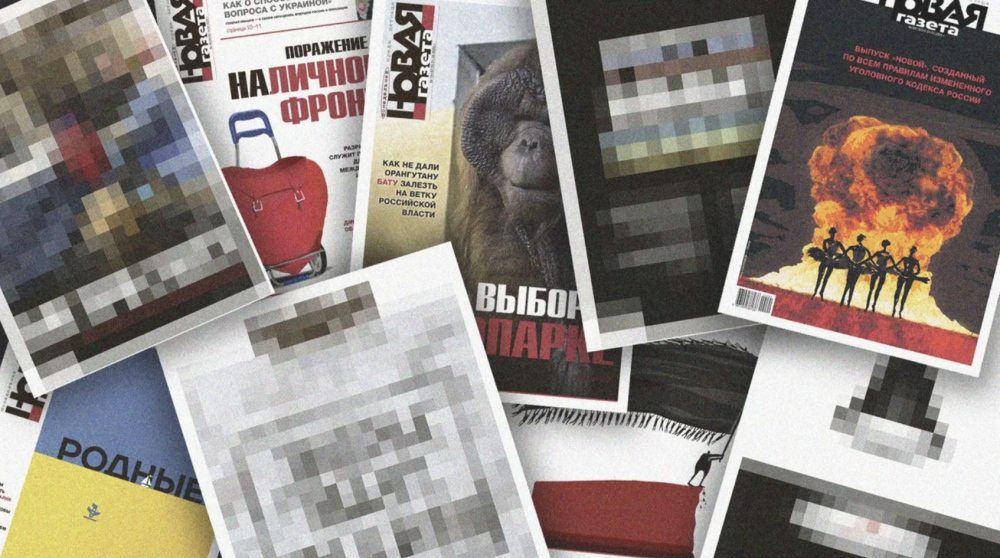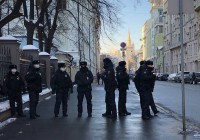
Russia’s Novaya Gazeta suspends operations after Kremlin warnings
ADVERTISEMENT
Novaya Gazeta, one of Russia’s leading independent newspapers, is suspending operations until the end of Russia’s war in Ukraine, the publication announced Monday.
The independent newspaper, whose editor Dmitry Muratov won the Nobel Peace Prize last year, said it had taken the decision after receiving two warnings of legal action from the government’s Roskomnadzor censorship agency.
A third warning would result in the newspaper’s media license being revoked.
The official reason for the warnings was the newspaper’s alleged failure to properly label “foreign agents” in its articles, but the warnings are widely considered to be in retaliation to Novaya Gazeta’s coverage of the invasion.
“We received another warning from Roskomnadzor. After that, we are ceasing covering both online and in print until the end of the ‘special operation on the territory of Ukraine’,” the paper said in a post on Telegram.
Russia has ramped up a crackdown of independent media and civil society since it launched its invasion of Ukraine in February. Outlets are banned from reporting anything except official government sources, with editors and outlets potentially liable for up to 15 years in prison for breaking the new rules.
Most Russian independent outlets have been forced into exile, but Novaya Gazeta initially tried to continue reporting inside the country, drawing attention to the Kremlin’s attack on media freedom by publishing blank pages to represent the information they are not allowed to report.
Novaya Gazeta is one of Russia’s oldest and most respected independent media outlets.
Six of its reporters have been killed in assassinations the paper and rights groups says are connected to their reporting into corruption and human rights abuses, particularly in the restive Chechnya region of Russia’s north Caucasus.
This article first appeared in The Moscow Times and is republished in a sharing partnership with the Barents Observer.
ADVERTISEMENT
The Barents Observer Newsletter
After confirming you're a real person, you can write your email below and we include you to the subscription list.




